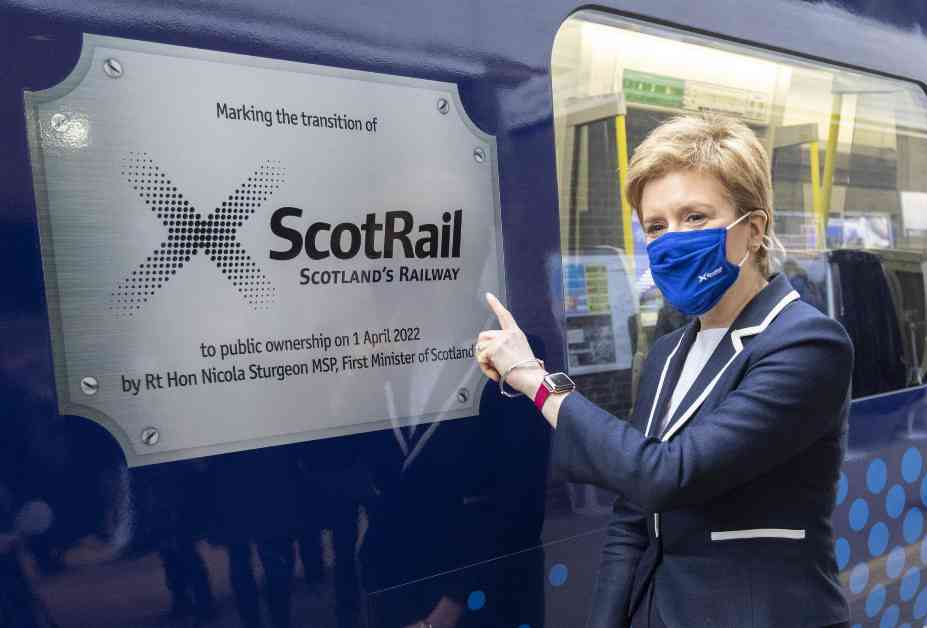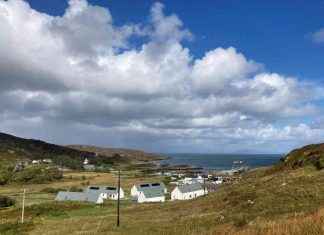Peak Rail Fares Controversy: Should the Plan Be Scrapped?
The debate over the plan to bring back peak rail fares on Scotland’s railways has sparked controversy, with the Scottish Tories leading the charge to have the scheme scrapped. The proposal to reintroduce higher fares during peak hours has been met with criticism, being labeled as “brutal and unjustified” by the opposition party.
The Scottish Government had implemented a pilot scheme last year to explore the removal of peak fares, with the aim of increasing ridership on ScotRail trains. However, the results have fallen short of expectations, as the lower fares have not generated enough revenue to cover the costs. As the pilot comes to an end on September 27, the question arises: should peak fares be reinstated, or should the Scottish Government continue to subsidize travel for commuters?
Political Stance: Scottish Tories vs. SNP Government
The Scottish Tory transport spokesman, Graham Simpson, has been vocal in his opposition to the reintroduction of peak fares, stating that it would be detrimental to train users who have already been enduring challenges in the current transportation system. He argues that doubling the cost of train tickets would discourage commuters from switching to public transport, thus contradicting the SNP Government’s goal of reducing carbon emissions and promoting sustainable travel options.
On the other hand, the SNP Government defends its decision to implement the peak fares removal pilot, citing it as a cost-saving measure for passengers during the economic downturn. A Transport Scotland spokesperson emphasized the positive impact of the pilot in saving passengers hundreds, if not thousands, of pounds during the cost-of-living crisis. However, the spokesperson acknowledges the financial strain on the subsidy required to sustain the lower fares, suggesting that the scheme may not be feasible in the long run.
Public Opinion and the Future of Rail Travel
The impending return of peak rail fares has sparked mixed reactions among the public, with some commuters expressing disappointment at the potential increase in ticket prices. Many have relied on the lower fares offered during the pilot scheme, and the prospect of reverting to higher costs has raised concerns about affordability and accessibility for regular train users.
The debate surrounding peak fares also raises broader questions about the sustainability of rail travel in Scotland. As the country aims to transition to a greener transportation system and reduce its carbon footprint, the role of public transport becomes increasingly crucial. The decision to reintroduce peak fares will undoubtedly impact commuters’ choices and could deter individuals from opting for trains as their primary mode of transportation.
In light of these considerations, it is essential for policymakers to carefully weigh the pros and cons of peak fares and consider the long-term implications for rail travel in Scotland. While cost-saving measures are necessary to address budget constraints, the government must also prioritize the needs of commuters and ensure that public transport remains an affordable and accessible option for all.
As the September deadline approaches, the fate of peak rail fares hangs in the balance. Whether the plan will be scrapped or continued remains to be seen, but one thing is clear: the future of rail travel in Scotland will be shaped by the decisions made in the coming weeks.
































